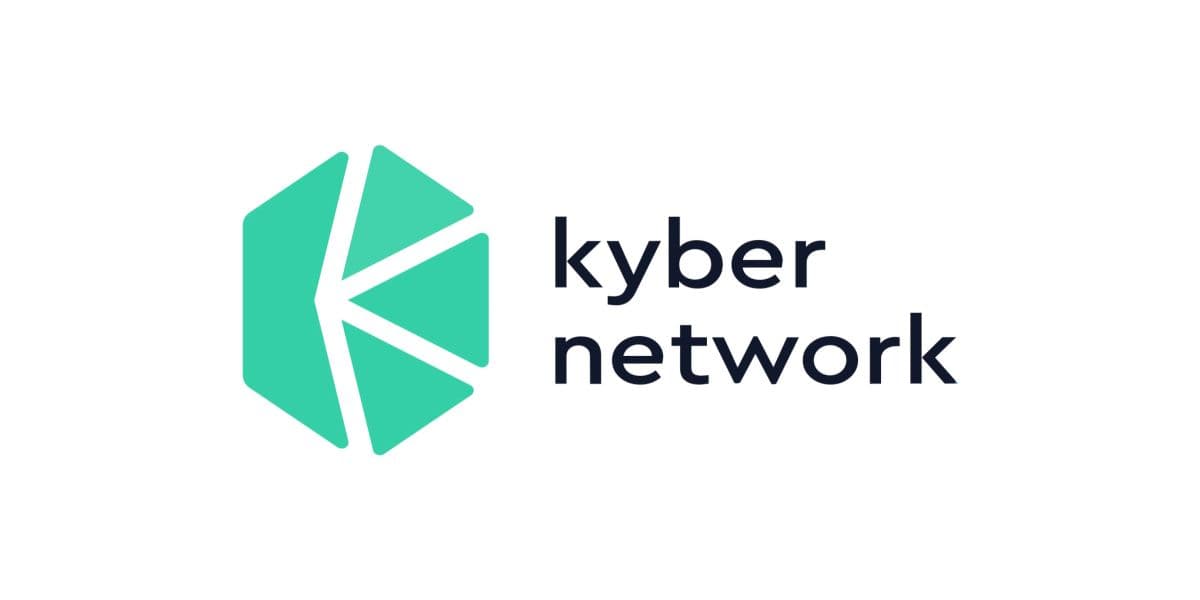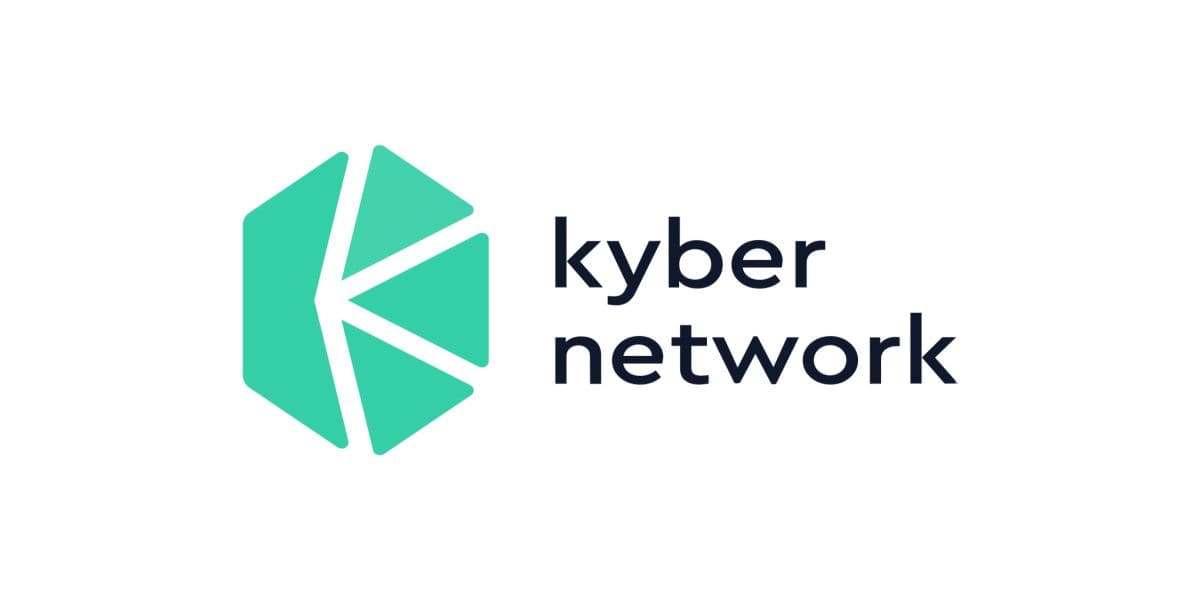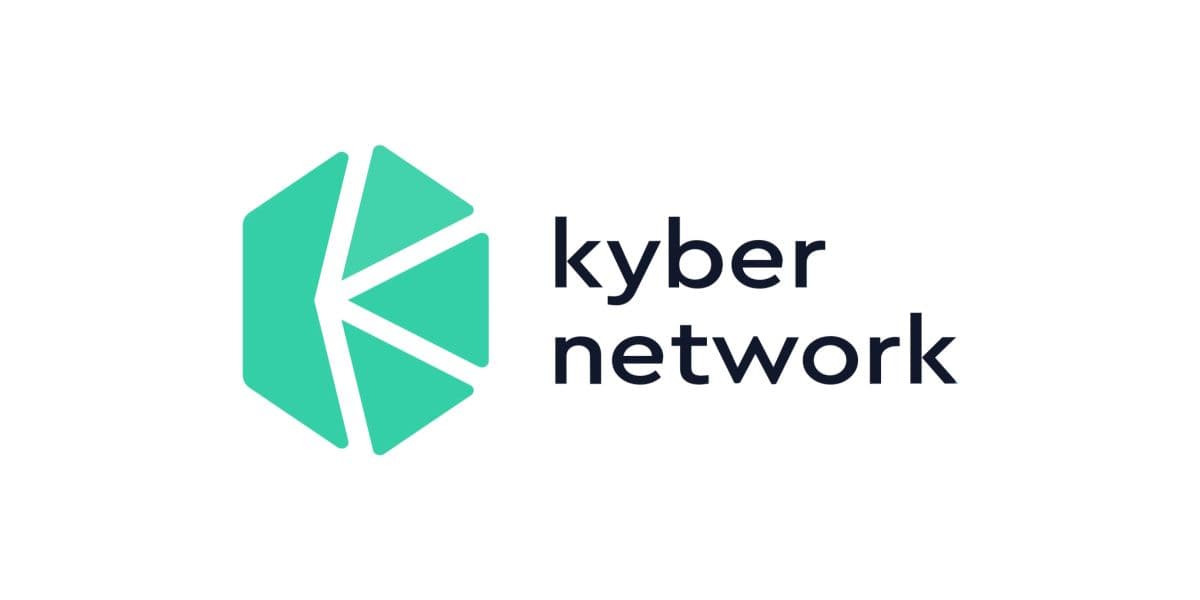Kyber Katalyst Is Coming – What You Need To Know
The world’s leading Decentralized Finance (DeFi) protocol Kyber is slated to get a significant upgrade by mid 2020. The upgrade will be called “Katalyst” and feature major improvements / changes to the overall network. This is in line with Kyber’s […]

The world’s leading Decentralized Finance (DeFi) protocol Kyber is slated to get a significant upgrade by mid 2020. The upgrade will be called “Katalyst” and feature major improvements / changes to the overall network. This is in line with Kyber’s vision and areas of focus, for the future. Katalyst will introduce new staking mechanism, decisions making powered by KyberDAO, improvements to liquidity contributions and customizable fees. This will increase network’s liquidity, stakeholders participation and improve the value of the native KNC tokens.
Kyber envisions that this upgrade will “incentivize greater liquidity and trade volume throughout the network enabling Kyber to become the single on-chain endpoint required by the decentralized finance (DeFi) projects for their liquidity needs”.
Addition Of Staking Mechanism To Kyber
Katalyst will introduce a new staking mechanism, which will allow users to earn a part of the fees collected from activity on the network. The staking mechanism will cause a reduction in the free supply of KNC tokens, which will have a positive effect on the value.
KyberDAO
Powering governance on the Kyber network, KyberDAO (short for Decentralized Autonomous Organization) will be introduced. KyberDAO will allow all network participants to bring important decisions to consideration and reach consensus. This can include deciding how to use the fees collected on the network, tokens listing, reserve approvals, and distribution of grants. It will increase stakeholder participation, improve decentralized governance, enable community consensus on important matters and facilitate long term growth.
Liquidity Improvements
Going forward, the liquidity contributors or reserve managers will be rewarded with rebates (derived from a percentage of fees collected) based on their performance and contribution to the network. Kyber team believes that will attract market makers and creation of more reserves, which will lead to wide-reaching higher liquidity.
There will be no need to maintain KNC tokens, for running reserves (used for collecting and burning network fees). The fees will be automatically collected in every trade, then burnt or used for rewards / incentives, making it convenient for developers to integrate Kyber.
Customizable Fees And Improvement To The Value Of Kyber Network (KNC) Tokens
After the Katalyst upgrade, developers will also enjoy the ability to set their own fees, so they can deploy their own business model. Previously, it was fixed at 30% of the 0.25% fee. This will encourage many more DApp developers to build with Kyber, while at the same time giving them the ability to innovate on both business model options or target users with different needs.
The platform’s native tokens will see their value rise, because of the reduction in available supply, caused and aggravated by staking, token burning and other rebates based on performance. In the past, the only way in which the value of the KNC tokens rose was through burning. Now they can stake and participate in KyberDAO to earn fees, the reward rising with the number of KNC tokens staked. The other way in which the KNC token holders can benefit is by receiving incentives for maintaining reserves. They will receive rewards as per their performance and contribution to network growth.
What’s Kyber?
Kyber Network is an on-chain liquidity provider for crypto-assets that lets token holders provide liquidity by maintaining and running reserves. The reserves can be of different kind and exist as a smart-contract. Kyber protocol can instantly exchange/swap tokens by checking the best price across all reserves and executing the conversion transaction, unlike traditional order-book matching.
It is a major component of the Decentralized Finance (DeFi) eco-system. It can be used by businesses, DApps, wallets and protocols to swap tokens or for payment. Kyber native token is KNC, which is a pre-requisite for activity on the network. For instance, its used to pay network fees and as a stake for running reserves on the protocol.





























